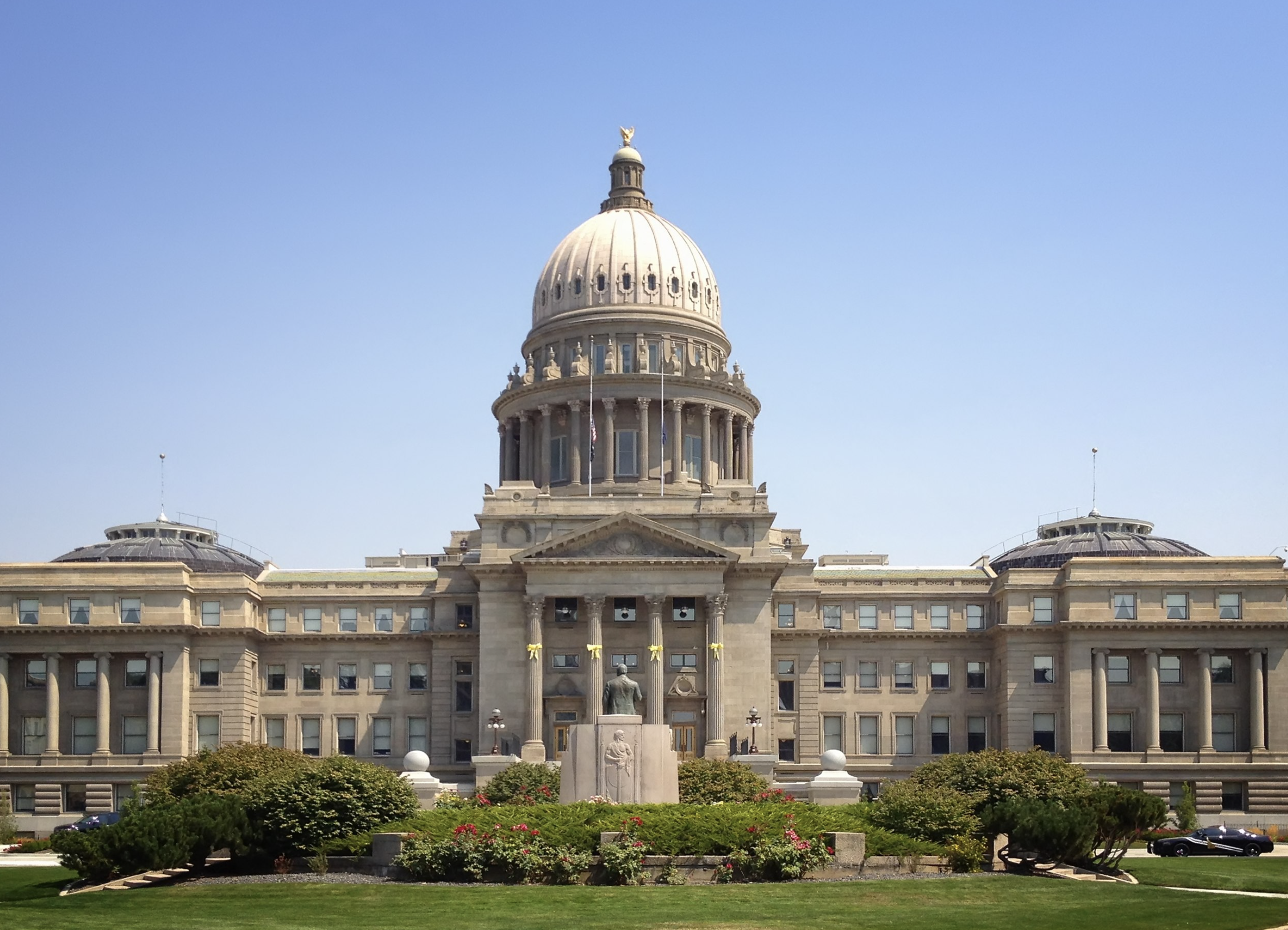BOISE, Idaho (AP) — A bill criminalizing [transsexual medical procedures] for minors overwhelmingly passed the Idaho House Thursday, despite warnings from opponents who said it would likely increase suicide rates among teens.
The bill, which would subject physicians to felony charges if they provide puberty blockers, hormone treatment or gender-affirming surgeries to transgender youth under 18, is just one of several targeting Idaho’s LGBTQ+ residents this year.
Proponents of the bill have acknowledged that gender-affirming surgeries on minors are not currently being performed in Idaho.
Rep. Bruce Skaug, a Republican from Nampa, said the legislation was needed to “protect children,” and that puberty blockers and hormone treatment could cause permanent harm.
Republican lawmakers in more than two dozen states have pushed for bans on [transsexual medical procedures] this year.
The bill in Idaho passed on a near party-line vote, with only one Republican voting no. Rep. Matthew Bundy, of Mountain Home, said he voted against it because it did not include a strong enough guarantee that transgender kids and their families would still have access to counseling.
Democratic Rep. Chris Mathias, of Boise, said transgender youth already self-harm and take their own lives at disturbingly high rates.
“This bill is going to throw gasoline on that problem,” he said.
A regional Planned Parenthood affiliate said in a statement that the ban is “one of the most extreme attacks on transgender health care that we’ve seen across the U.S.”
“Gender affirming care is time sensitive and life-saving,” said Rebecca Gibron, CEO of Planned Parenthood Great Northwest, Hawaii, Indiana, Kentucky. “Patients, families, and health care providers — no one else — should decide what care is in the best interest of transgender youth, in accordance with current medical best practices.”
The bill banning gender-affirming care was pushed by the Idaho Family Policy Center, a religious lobbying group that has also advocated for anti-abortion legislation. Blaine Conzatti, the group’s president, said in a press release that the organization was excited that a super-majority of state representatives voted in favor of the bill.
“These children need real help, not medically unnecessary procedures that result in lifelong harms,” Conzatti said.
The bill now goes to the Senate, where a similar gender-affirming care ban died last year. At the time, the Idaho Senate Republicans issued a statement saying they strongly oppose gender-affirming surgery for children but feared the bill could affect medically necessary care for non-transgender kids, and they did not want to interfere in parents’ medical decision-making authority.
Several other anti-LGBTQ bills are also still making their way through the Legislature. One would restrict transgender kids’ school bathroom access, by barring them from using locker rooms, changing facilities or bathrooms that match their gender.
Another bill limits sex education in grade school and prohibits schools from discussing human sexuality, gender identity or sexual orientation before fifth grade. A bill printed Monday could require schools to inform parents if there is a change in a student’s “mental, emotional or physical health or wellbeing,” — perhaps including if the student discloses they are gay or transgender.
Parents could sue libraries and public schools for $10,000 if anything deemed “harmful to minors” is made available to their child under another bill. The definition of “harmful to minors” includes a long and graphic list of behaviors as well as anything that might have the effect of “substantially arousing” desires in people under 18. It includes a carve-out for things that have serious artistic, scientific, political or literary value for youth, but allows that determination to be made by “prevailing standards in the adult community.”
Many of the bills mirror language that was used in the so-called “Don’t Say Gay” legislation proposed in more than a dozen states last year, seeking to prohibit schools from using curriculum, books or discussions that involve gender identity or sexual orientation.



